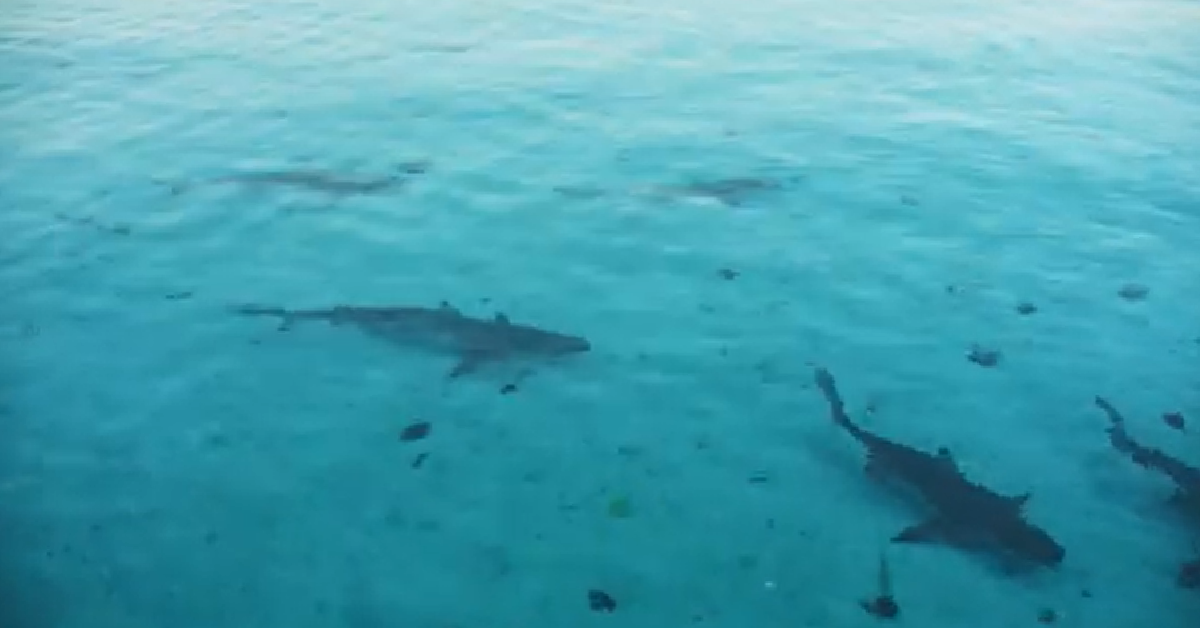
Conservationists Are Releasing 500 Baby Sharks Into The Ocean In A Rewilding Attempt
Sharks are a species that have seen difficulty in recent years. Between finning and the pollution of their habitat, the numbers have dwindled.
This includes in Indonesia, where zebra sharks are not frequently seen. They have been overhunted and are now on the brink of extinction.

Fortunately, international efforts are being made to ensure the sharks do not go extinct. Acording to ReShark, 44 aquariums working from 15 different countries are coming together to take part in a catch-and-release breeding program that will add 500 sharks to the waters.
This type of effort is new, and sharks are not typically the type of species that are used for rewilding. It is typically for those species that live on the land.
Still, considering the rich marine waters around Indonesia, it’s important to ensure that balance is maintained. That is why the sharks and rays near the Raja Ampat in Indonesia are now protected.

Fortunately, many sea creatures have benefited from the protection but zebra sharks don’t seem to be in that number. It can be difficult to bring species back into the ocean, especially considering all of the unknowns that exist.
The aquarium team, known as ReShark, released eggs into the waters of Raja Ampat, staying 90 miles away from the nearest town.
According to a video shared by the aquarium team, an Indonesian marine scientist, Nesha Ichida, said it is a milestone. He has been helping to manage the work for ReShark and goes on to call it a “hopeful, momentous moment.”

Zebra sharks are unique because they lay eggs. Most other sharks give birth to live young. That makes zebra sharks easier to breed in captivity.
The vice president of Asia Pacific Marine Programs for Conservation Internationa, Dr. Mark Erdmann, spoke about how unique this coalition of groups was. It included conservation groups, local communities, local government, and the public.

He went on to say: “And obviously we’re going to recover zebra sharks in Raja Ampat, but this is just the start I mean the potential to do this with other endangered shark and ray species all around the world is immense.”
You can learn more in the video below: